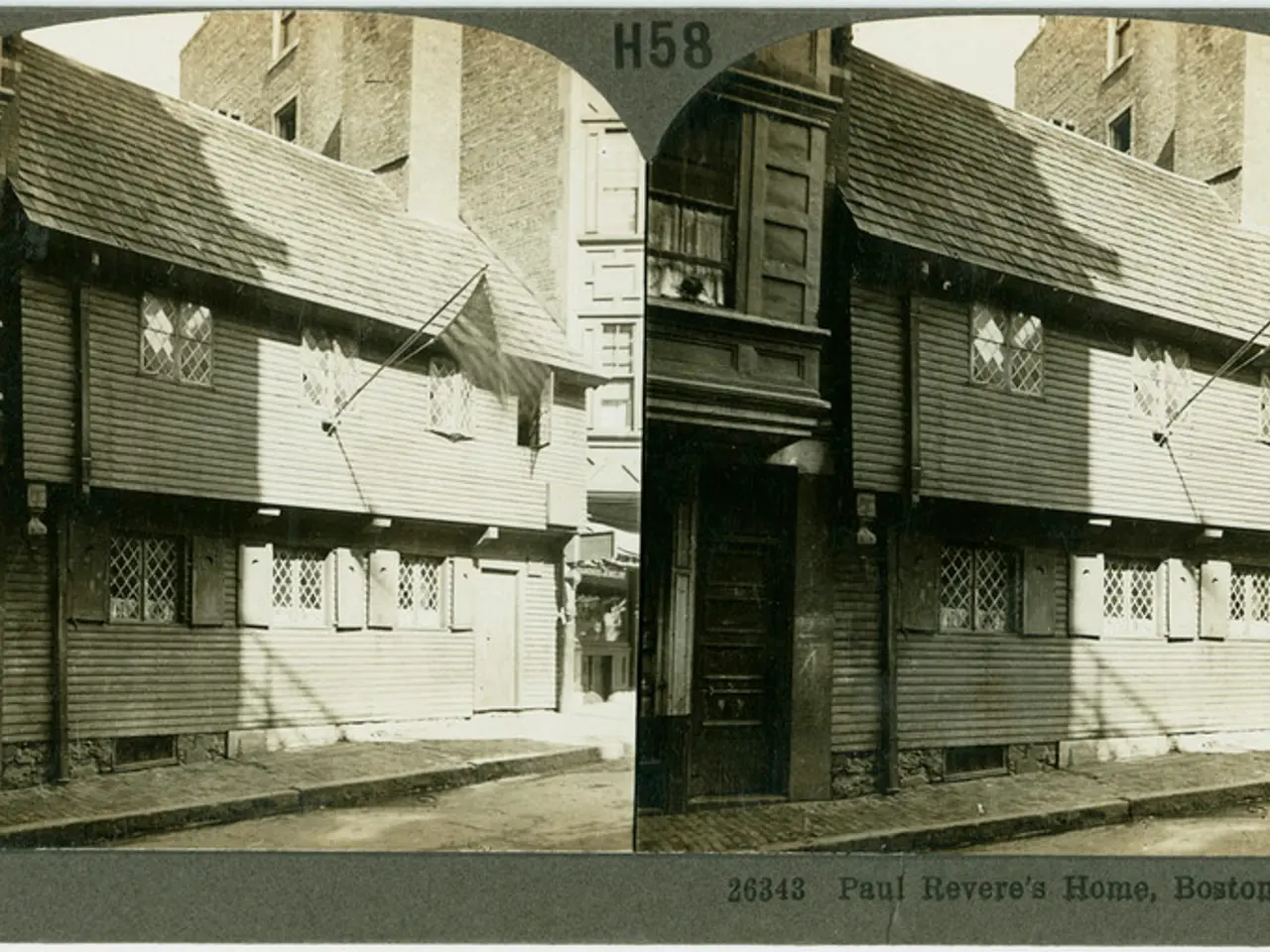Municipal buildings in question display significant structural issues and mold concerns, as reported by FPÖ.
Municipal Housing Renovation in Vienna: FPÖ's Claims and Reality
The Freedom Party of Austria (FPÖ) has been criticizing the current state of municipal housing in Vienna, with its leader, the Vienna FPÖ chief, accusing Mayor Ludwig of increasing rents several times in recent years and neglecting renovations. However, the reality appears to be more complex.
The Vienna Social Housing Model
Vienna's social housing model is globally recognized as a leading example of treating housing as essential civic infrastructure rather than a commodity. The city maintains high-quality public housing, ensuring affordability, and integrating it with transit, green spaces, and community services.
Cost-Based Rent Models and Public Land Policies
The city uses cost-based rent models and actively promotes public land policies, enabling continuous renovation and development of its municipal housing stock.
FPÖ’s Survey and Allegations
The FPÖ conducted a municipal housing survey that found severe structural defects, with Dominik Nepp, Landesparteiobmann and Spitzenkandidat of FPÖ, stating that Mayor Michael Ludwig (SPÖ) neglected the renovation of municipal housing, leading to a backlog of up to €10 billion.
However, there is no verified public data from recent official statistics or reports indicating a renovation backlog at the scale of €10 billion or widespread neglect of repair works in Vienna's municipal housing. The available open data on building permits and construction in Vienna shows ongoing activity, although with some limitations in recent extension or renovation data.
The Social Housing AG and Investment Losses
The assertions by political parties such as the FPÖ regarding a massive backlog or neglect should be considered critically and weighed against the widely documented approach and outcomes of Vienna’s housing policy.
The Social Housing AG, under former director Josef Ostermayer (SPÖ), incurred investment losses of up to €70 million. This situation has raised concerns and questions about the management of the association, but it does not necessarily equate to a city-wide renovation backlog.
Conclusion
Vienna continues to invest in the renovation and development of municipal housing as part of a long-term strategy to provide equitable, sustainable, and climate-resilient living environments. Claims of severe neglect or backlog presented by the Freedom Party of Austria need to be addressed with caution and should be verified against the city's well-documented housing policy and ongoing investments.
- Despite FPÖ's criticism of the current state of municipal housing in Vienna, the city's use of cost-based rent models and public land policies facilitates continuous renovation and development of its housing stock, suggesting a proactive approach to maintenance.
- While the FPÖ's survey found severe structural defects in Vienna's municipal housing, the availability of open data on building permits and construction in Vienna shows ongoing activity, although the specifics of the €10 billion renovation backlog remain unverified from recent official statistics or reports.




